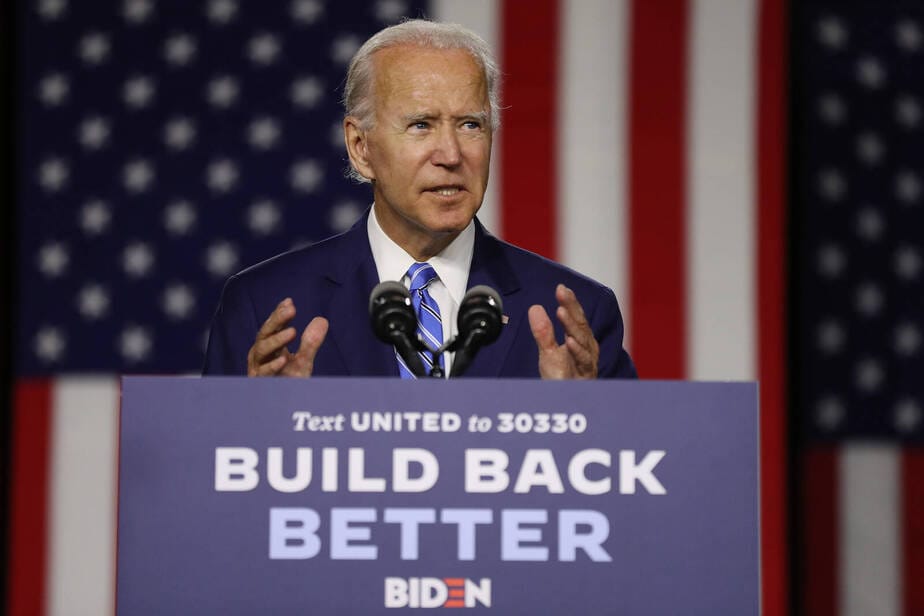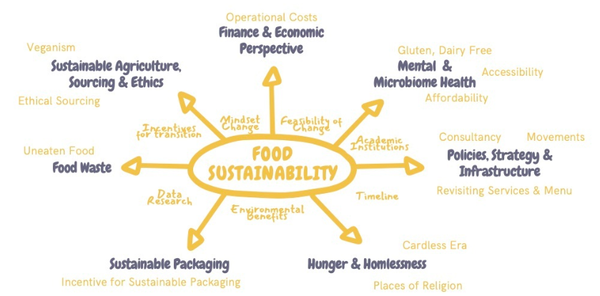Will Biden's climate claims come true?
Sustainability contributor Natalia Glazman wonders whether the new Biden administration will tackle climate change head on

Climate activists across the world have been celebrating Joe Biden’s victory in the USA’s presidential election, and with good reason. The president-elect has promised to ‘listen to science’, starting with new legislation regarding the pandemic, to the ever-looming problem of climate change.
Biden’s main aim is to reverse the damage caused by the Trump administration, which rolled back nearly 100 laws and regulations regarding pollution in the air, water, and atmosphere. Instead of trying to preserve the environment for future generations, Trump set out to achieve energy independence based on the use of fossil fuels.
The first step that Biden will take is to re-enter the Paris Climate Accord, from which Trump officially withdrew on the 4th November 2020. The agreement creates a framework for all countries to make emission reduction commitments while holding them responsible for these, with the ultimate goal of keeping the increase in global average temperature below 1.5oC. It also addresses climate change as a global problem - an essential first step for collaboration between nations.
Biden’s boldest promise tackles perhaps the largest contributor to global warming: the energy generation industry. Biden is set on eliminating carbon from energy production processes by 2035 by banning subsidies for fossil fuel companies and switching to renewable, carbon-free energy sources such as hydropower and wind energy. Then by 2050, he aims to reach net-zero emissions. As the USA is one of the biggest contributors to global greenhouse gas emissions, achieving net-zero would be a huge step in the fight against climate change. In 2019, the country produced 4.8 gigatons of CO2, equivalent to 14% of the world’s total CO2 emissions that year.
It will take years to reverse the climate damaging policies introduced by Trump
For this ambitious plan to work, Biden aims to set aside $1.7 trillion of federal funding. The funds will go towards the development of a vast public transport network, as well as a climate-smart stimulus package creating jobs to build modern, sustainable infrastructure and deliver a fossil-fuel-free energy future.
To achieve this goal, Congress would need to pass a clean-energy specific mandate, stating that electricity generated must be increasingly produced using green energy sources over fossil fuels.
As good as Biden’s plan sounds, it is much too early to celebrate; it will take years to reverse the climate-damaging policies introduced by Trump. Neither will it be a priority for Biden, considering that his campaign heavily focused on economic recovery from COVID-19. We have seen this before with Obama, whose first priority when coming into office was the economic recovery bill, after which the president focused on the Affordable Care Act - by the time senate could reach the issue of climate change, time and political patience had run out. It is not unlikely that the same will happen to Biden, who will concentrate his time and energy trying to heal the US from coronavirus.
It is definite that Biden is not going to have Republican Mitch McConnell’s support for his proposals – the Senate majority leader has already expressed his support for Trump on several occasions since the 2020 election. This means that Biden will have to resort to executive orders to fulfil his climate promises; he has already vowed to make an executive order to re-join the Paris Agreement on his first day in office. On the same day, he has promised to make ‘smart infrastructure investments to rebuild the nation and to ensure that our buildings, water, transportation, and energy infrastructure can withstand the impacts of climate change’. However, what exactly these investments will entail remains unclear.
Biden’s campaign focused on uniting the country, and not governing as a Democrat, but an American first. Therefore, it is unlikely that he will resort to executive orders for more extreme climate legislation (i.e. the theoretical clean-energy mandate) considering the highly politicised nature of the issue of climate change in the USA.
While the obstacles in his way may be too great to overcome, Biden could have a huge impact on the climate. Whether he will or not depends on what kind of president he chooses to be - one that goes against his claims of unity and bipartisanship by passing executive orders and at the same time saving the climate, or one that sticks to his promises and returns the White House’s stance on climate change to the status quo of Obama’s presidency.






